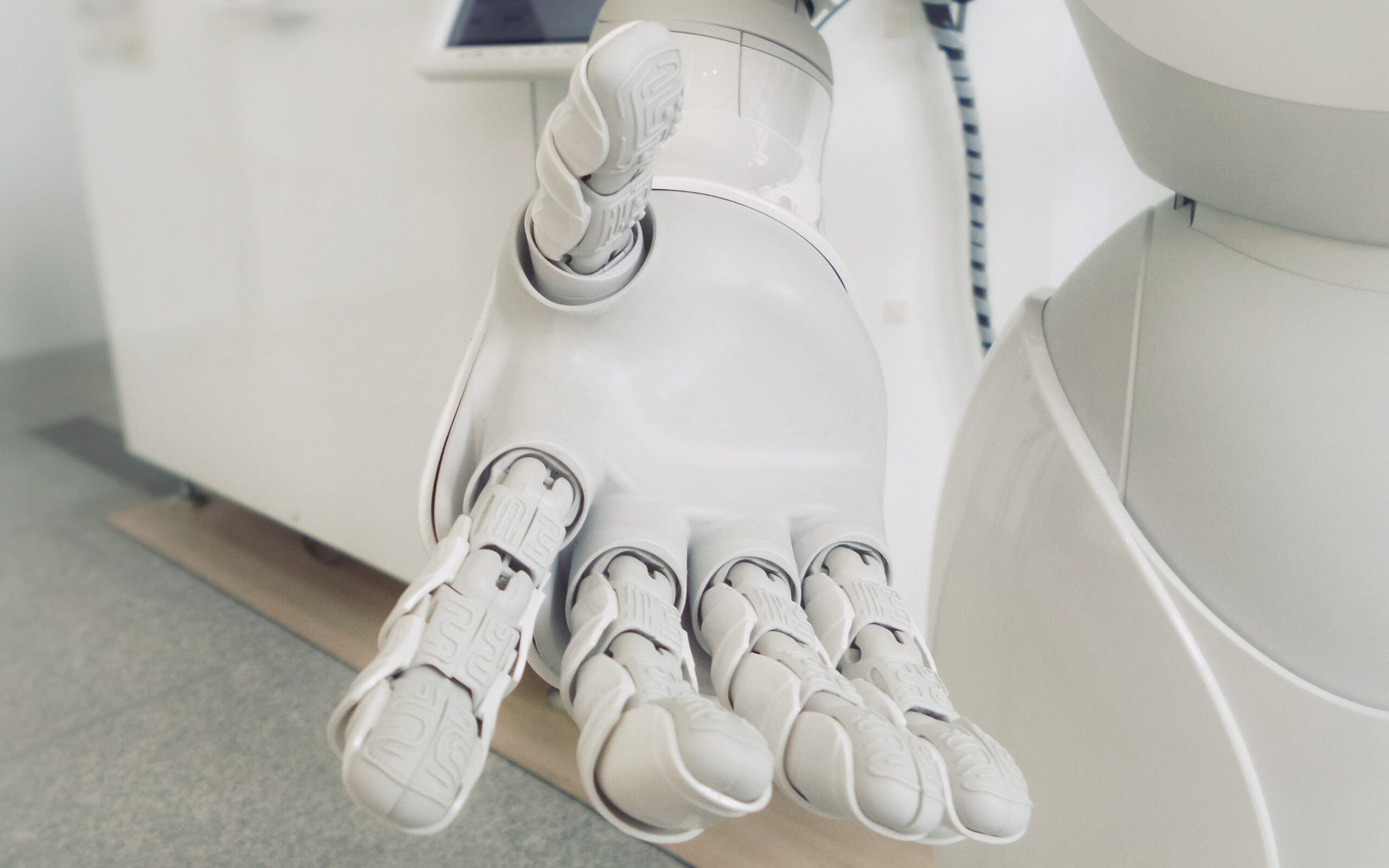April 21, 2023, 14:00 – 15:00 CET
OVERVIEW OF THE WEBINAR
The introduction of AI systems is spearheading the digital revolution, promising not only huge economic benefits, but also to free us from dull repetitive work patterns. Yet, the usage of AI by governments and private companies for the manipulation of public opinion and elections (e.g. Cambridge Analytica, NSA, spyware Pegasus, Team Jorge) and practices such as shadow banning in search engines or on social media might infringe upon our most basic rights such as privacy or the freedom of speech. How can the use of AI support and even defend democracy? How can we prevent that democracy is undermined? How to use AI ethically and for social benefit?
The AIT AI Ethics Lab team will introduce the participants of this webinar to aspects of Artificial Intelligence in the societal context and democratic frame. After a short introduction of AI ethics, interactive elements presented by political science and data science experts allow the participants to learn more about democracy under pressure as well as applications of Artificial Intelligence in ethically contentious situations.
ABOUT THE SPEAKERS

Peter Biegelbauer is Senior Scientist at the Center for Innovation Systems & Policy at the AIT Austrian Institute of Technology, where he leads the AIT AI Ethics Lab. His work focuses on policy analysis in areas such as innovation policy, responsible innovation, and sustainability transitions, where he has coordinated a number of research projects, ongoing the EU project Co-Change, which also addresses AI technologies. He has published more than a hundred articles on policy analysis, impact assessment, experience and learning in decision-making processes. He teaches at several universities and holds degrees from the Universities of Innsbruck and Vienna, and MIT, Cambridge.

Caroline Lackinger studied Political Science and International Relations at the University of Vienna and the Federal University of Rio de Janeiro with a focus on gender, diversity and human rights. Focusing on responsible research and innovation, especially the social and ethical impacts of AI, she is part of the AIT AI Ethics Lab working within the projects Co-Change and Digital Public Administration and Ethics. Aspiring towards true interdisciplinarity, she will pursue a Master’s in Artificial Intelligence.

Sven Schlarb studied Digital Humanities with a focus on computational linguistics, Romance studies, and philosophy at the University of Cologne and the Universitat de Barcelona. He received his PhD in Digital Humanities on the application of fuzzy logic in archaeology and held seminars on statistics and machine learning. Since 2013, he has been working as a Scientist at the Center for Digital Safety & Security of the AIT Austrian Institute of Technology in the Data Science research group, focusing on AI applications and Machine Learning for the analysis of large text corpora (Big Data) in the public security and archival domain.

Edgar Subak has studied political science, international relations and EU studies at the University of Vienna, University of Bologna and the University of Cambridge, ICE. Currently, he is working on his master thesis on “AI governance: the construction of the state in national AI strategies”. Also a freelance journalist, he published in German and Austrian leading quality newspapers. In the Co-Change project and the Digital Public Administration and Ethics project, he has been working on responsible research and innovation.

